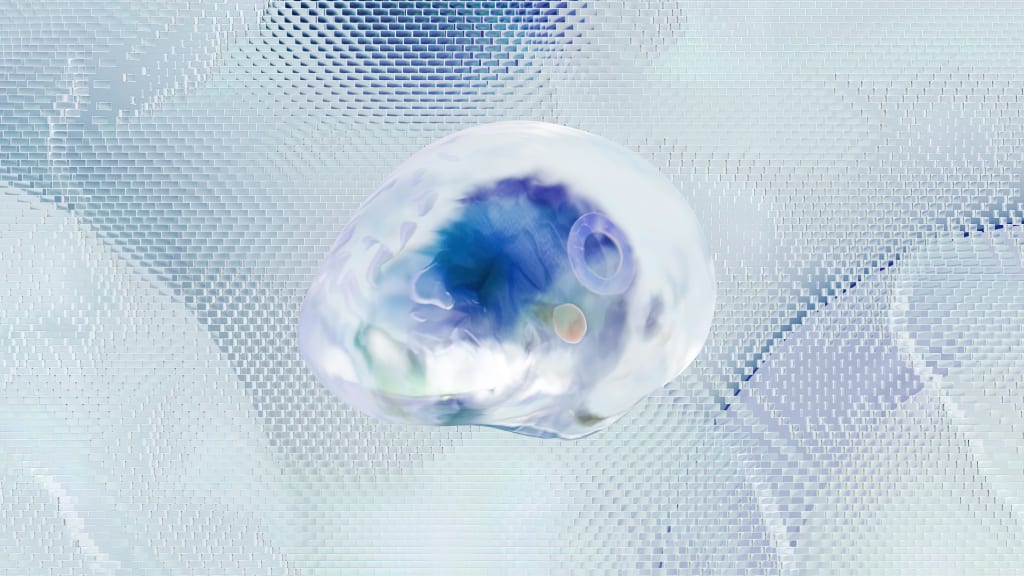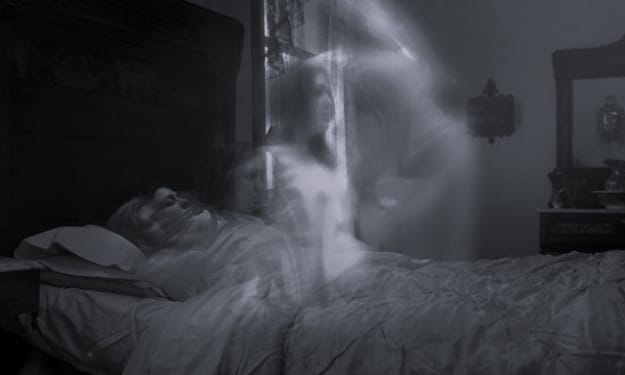What Happens To Our Memories After Death?
The Eternal Echo: Memory's Journey Beyond Mortality

The inquiry into life after death has captivated humans for millennia, sparking endless contemplation and debate. Today, through the lenses of science and religion, divergent perspectives emerge, shaping individual beliefs about the post-mortal realm. Yet, amidst this diversity, certain facets of death and life remain universally significant, including the fate of our memories.
Memories serve as the bedrock of our existence, sculpting our identities with the mosaic of experiences, both pleasant and painful. They facilitate learning, discerning safety from peril, and understanding our obligations. From the minutiae of a friend's birthday to the grandeur of historical events, memories imbue our lives with meaning and continuity. They define our emotions, shape our worldviews, and influence our aspirations. In essence, our memories constitute us.
Consequently, contemplating the prospect that our memories may evaporate upon death can evoke profound dismay. Commonly held assumptions suggest that while memories of a person may linger, their individual recollections perish with them. Yet, the nature of death remains shrouded in uncertainty, allowing room for alternative hypotheses.
Examining the physiological intricacies of memory in the final moments unveils a complex interplay within the brain. As life ebbs away, the brain undergoes a cascade of changes, culminating in the cessation of neural activity. The hippocampus, crucial for memory consolidation, succumbs swiftly to ischemia-induced damage, jeopardizing encoded information. Studies indicate a surge of brain activity post-death, particularly in memory-related regions, hinting at fleeting moments of consciousness. However, this surge dissipates as the inexorable march towards decay ensues, leaving no biological substrate for memory retention.
Contrary viewpoints, such as the biocentric perspective proposed by Robert Lanza, posit consciousness as transcending corporeal confines, suggesting the persistence of memories beyond physical demise. Similarly, quantum theories propose consciousness as a fundamental aspect of existence, implying the immortality of consciousness and the potential preservation of memories independent of the brain.
Beyond scientific inquiry, philosophical and religious perspectives offer diverse interpretations of memory's fate. Some philosophies contend that memories endure through one's impact on the world, perpetuated through artistic, scientific, or interpersonal legacies. Religious doctrines present a spectrum of beliefs, from metaphysical continuance in afterlife realms to cycles of reincarnation with varying degrees of memory retention.
Furthermore, emerging technologies offer tantalizing prospects for memory preservation and resurrection. Advancements in neuroscience and digital storage hint at a future where memories transcend the confines of decaying neurons, potentially enabling digital immortality through artificial intelligence or quantum computing.
In essence, the question of what becomes of our memories after death remains an enigmatic conundrum, inviting contemplation across disciplines and generations. Whether viewed through the lens of science, philosophy, or spirituality, the fate of our memories underscores the enduring quest to unravel the mysteries of existence.
Amidst the myriad conjectures lies the essence of the human condition—a yearning to comprehend the ineffable, to grasp the intangible threads that bind us to existence. As mortal beings, we navigate the transient realms of memory, weaving narratives of meaning and significance. Yet, the enigma of what awaits beyond the veil of mortality persists, beckoning us to explore realms both known and unknown.
For some, the prospect of eternal oblivion offers solace—a release from the burdens of consciousness, a return to the primordial void from whence we came. For others, the allure of continuity beckons—a continuation of the self, preserved in the annals of time, whether through collective remembrance or spiritual transcendence.
In the grand tapestry of existence, each thread contributes to the fabric of eternity, intertwining past, present, and future in a timeless dance of memory and oblivion. And as we ponder the mysteries of life and death, let us embrace the uncertainty, the ambiguity that defines our mortal journey.
For in the end, it is not the answers we seek, but the questions themselves—the unending quest for understanding, the relentless pursuit of truth. And though our mortal bodies may fade into dust, our memories linger on, etched into the fabric of the cosmos, a testament to the indomitable spirit of humanity.
About the Creator
Enjoyed the story? Support the Creator.
Subscribe for free to receive all their stories in your feed. You could also pledge your support or give them a one-off tip, letting them know you appreciate their work.






Comments
There are no comments for this story
Be the first to respond and start the conversation.